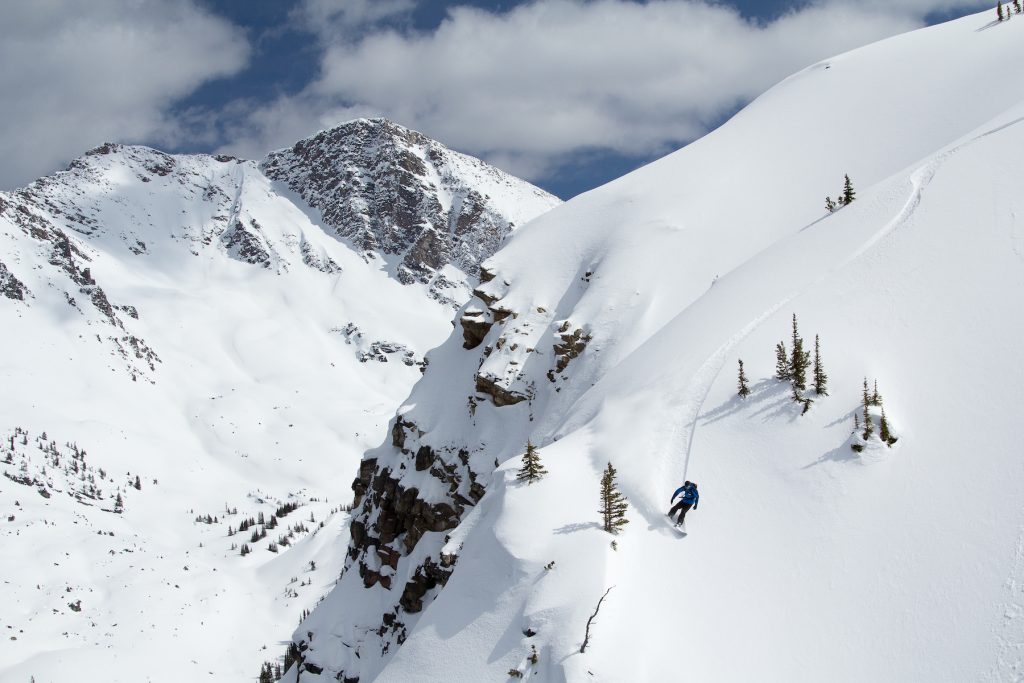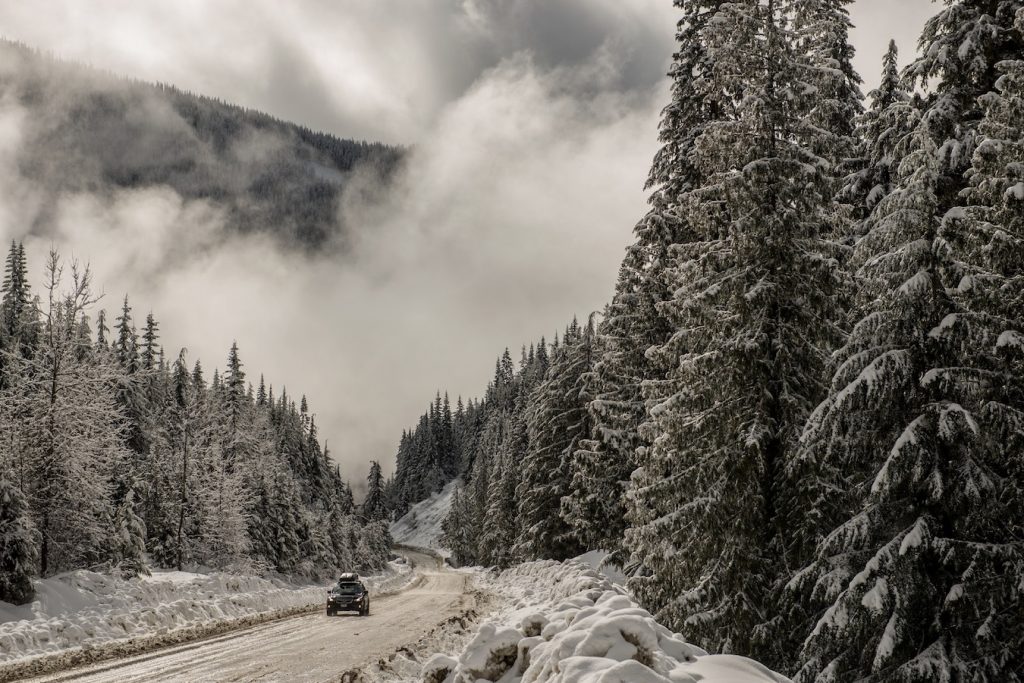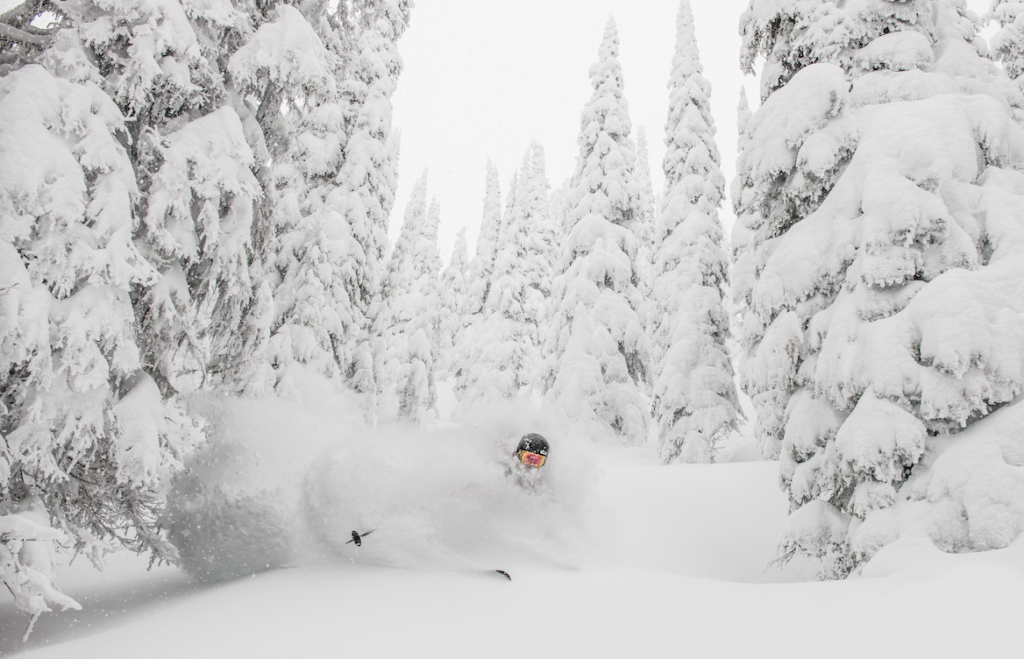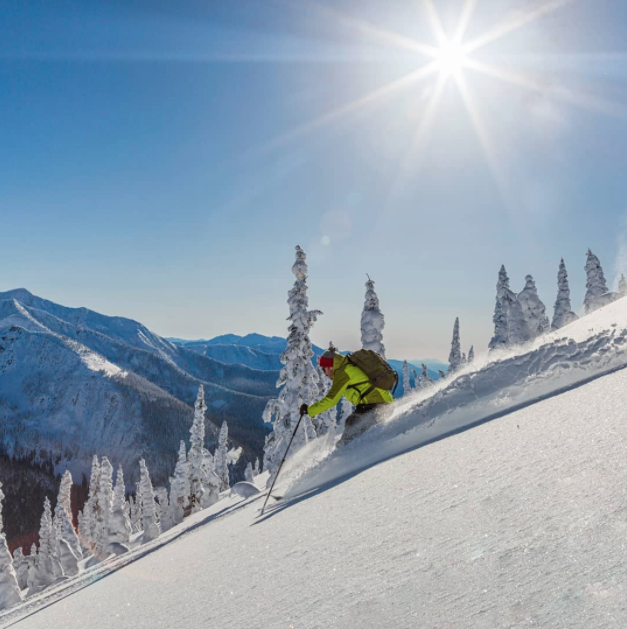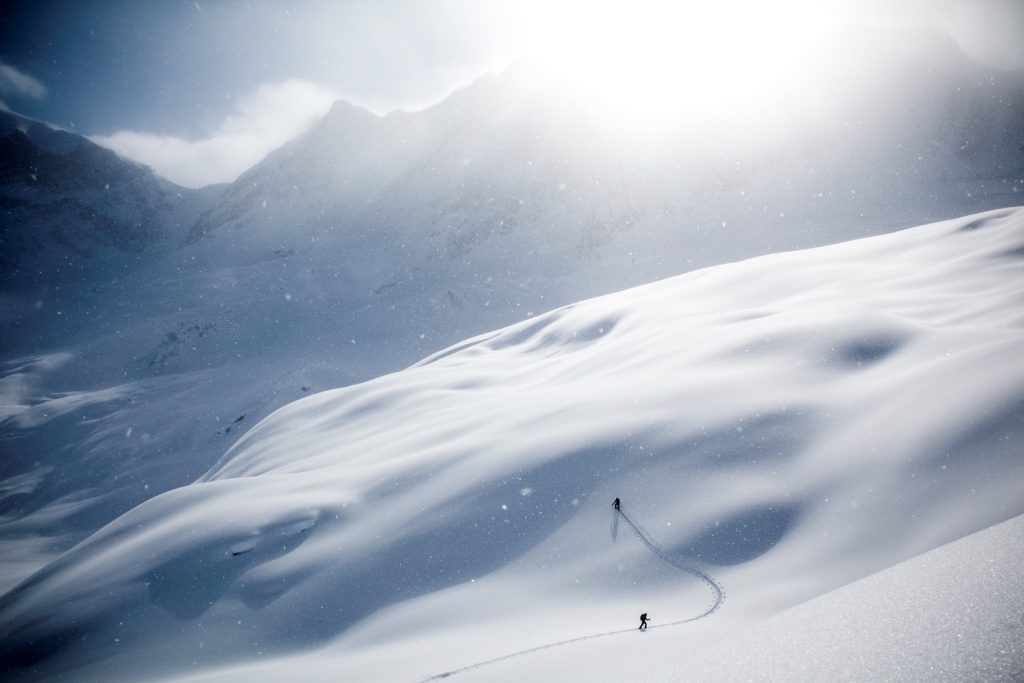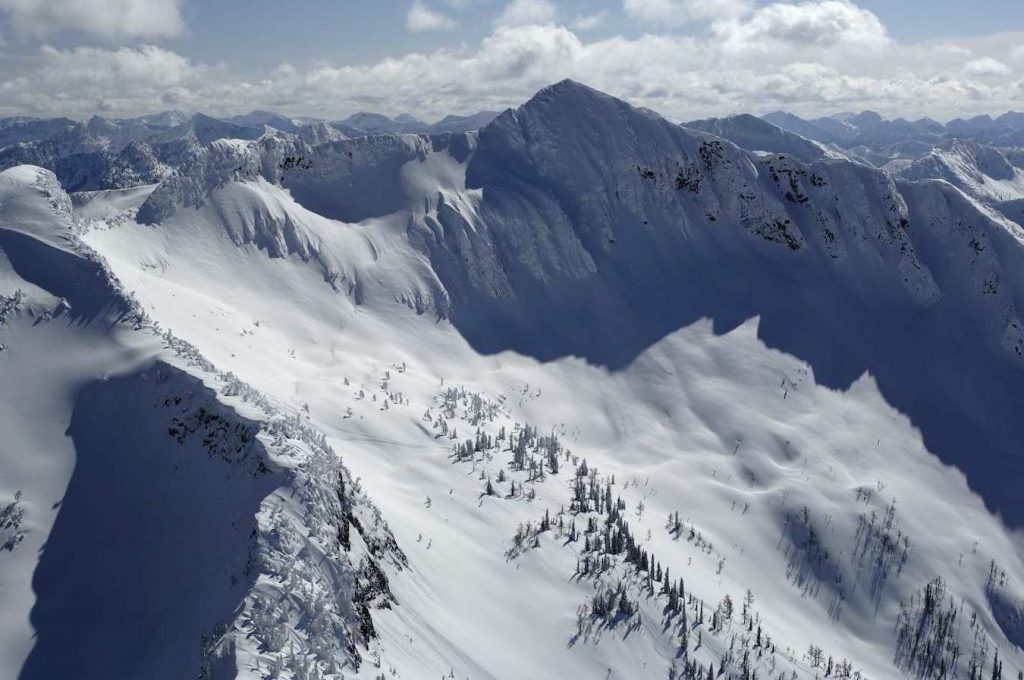The Powder Highway’s majestic mountains always command respect, regardless of the season. In the winter precision is key. Current road conditions, weather updates, on-mountain limited visibility & avalanche hazards demand our utmost caution to ensure a safe winter adventure.
The Powder Highway’s majestic mountains always command respect, regardless of the season. In the winter precision is key. We have a collection of handy tips for you to use to stay informed, stay safe!
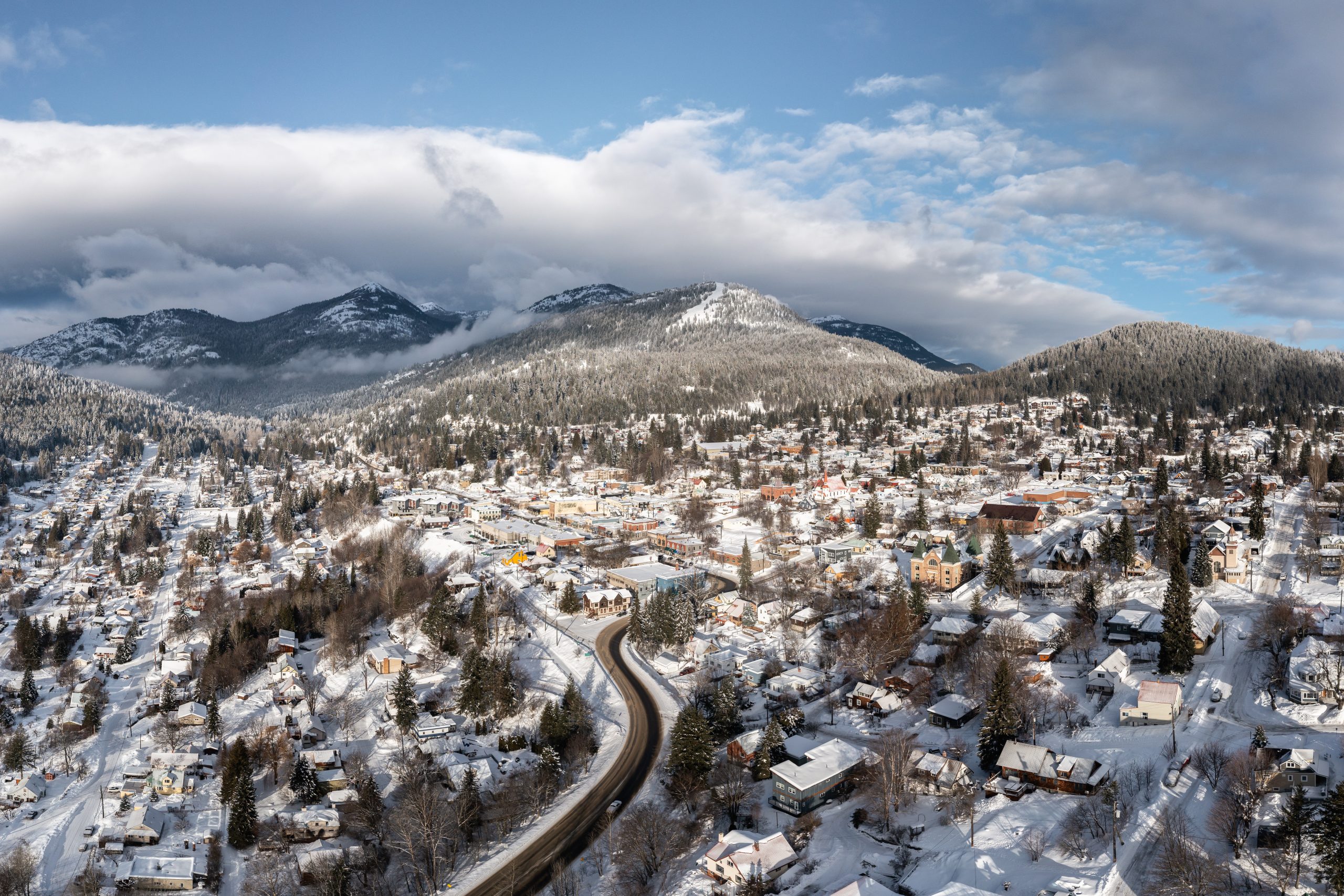
1 – ROAD TRIP PRE-CHECK
DriveBC.ca – Discover the ultimate tool to conquer the roads! The BC Highways app is your gateway to real-time updates on major highway events, weather reports, traffic cams, and much more. It’s time to navigate British Columbia with confidence and efficiency.
**Winter-rated tires are required by law on the Powder Highway between October 1 until April 30, and please understand that the posted speed limit indicates the maximum safe driving speed for warm, dry daylight driving conditions in clear visibility.
Discover all the essential details and useful links in a single spot. Stay updated with the latest information, helpful links, and important alerts to ensure a smooth and exciting trip ahead.
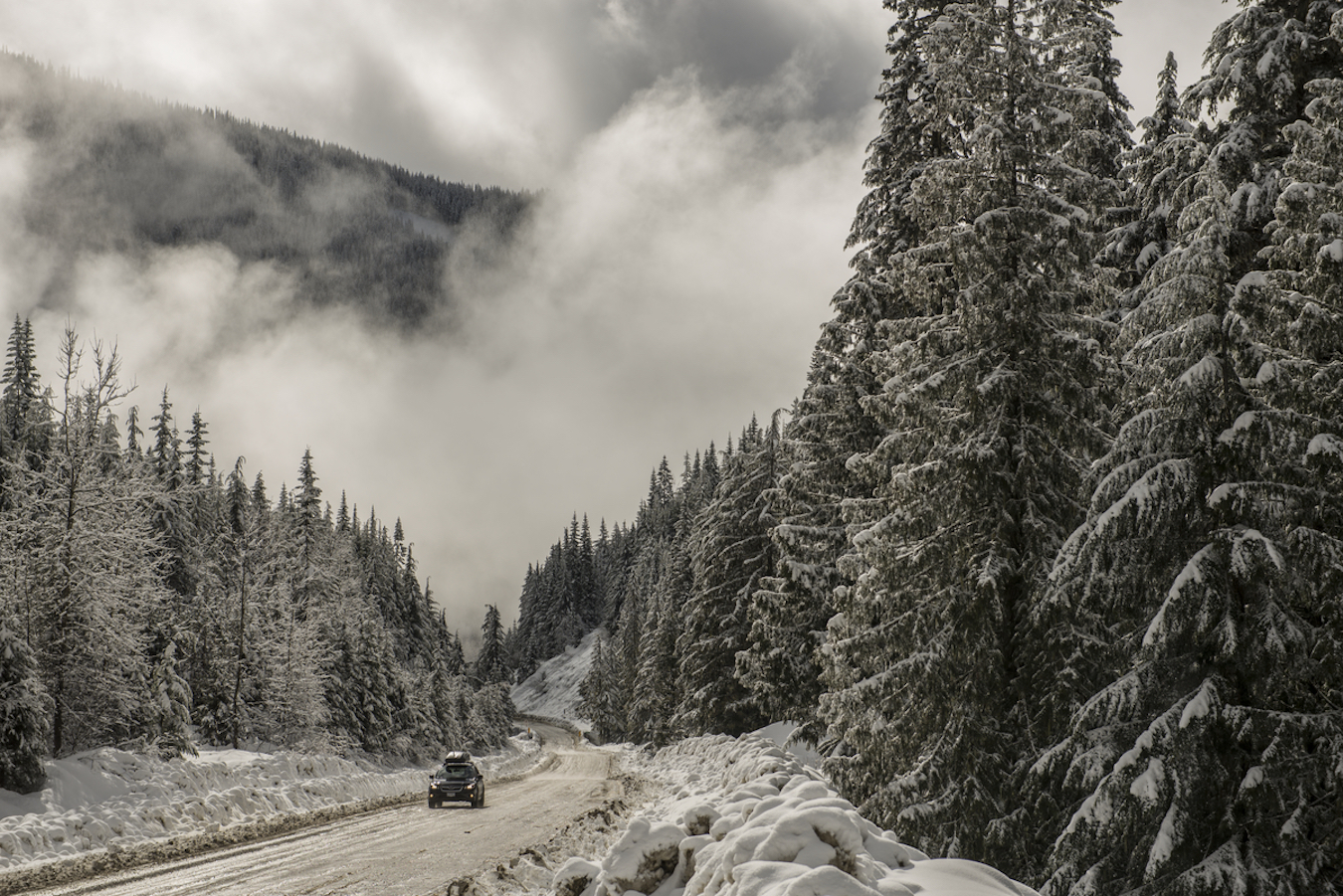
2 – KEEP A WATCHFUL EYE ON THE ROAD
Please slow down when travelling to/from your winter destination! Thousands of our large herds of moose, elk, and deer are killed each year on the highway by motorists driving too fast for the conditions. Drop your speed by 10km/hr to increase your chances of avoiding a collision if you see wildlife near the road, or if you are travelling near dawn or at night.
3 – WINTER SAFETY KIT
Increase your preparedness by always having winter safety and emergency equipment in your vehicle. A fundamental vehicle-kit should incorporate the following: food that will not spoil (such as energy bars), water bottles (replace them regularly), blanket, extra clothing & winter footwear, First Aid Kit, small shovel (plus scraper & snow-brush), candle in a deep can with matches in a waterproof container, regular & wind-up flashlight, whistle (to case your need attract attention), roadmaps (as some areas may not have cell service) and a copy of your emergency plan.
Additional items you may want to keep in your vehicle, throughout the winter include: sand, salt or cat litter (non-clumping), antifreeze & windshield washer fluid for cold weather, tow rope, jumper cables, fire extinguisher and warning lights or road flares.
4 – CROSSING THE US/CANADIAN BORDER
If your route takes you south of the border, it is worth noting that only 3 of the region’s 7 international border crossings, Roosville and Kingsgate south of Fernie and Cranbrook respectively, and Paterson near Rossland are open 24 hours.
5 – PRE-PLANNING FOR YOUR MOUNTAIN ADVENTURE
Start your backcountry day with confidence by visiting Avalanche.ca to check the current avalanche conditions. They have flexible forecast areas, which allow their expert forecasters to adjust boundaries daily, ensuring a more accurate reflection of local avalanche conditions.
Learn from the best! Join the highly-recommended ‘Avalanche Skills Training’ courses (AST) taught by licensed instructors via Avalanche Canada and our trusted Backcountry Guides. Gain invaluable knowledge about avalanche terrain, decision-making, rescue scenarios, and much more. Don’t miss out on this opportunity to enhance your expertise.
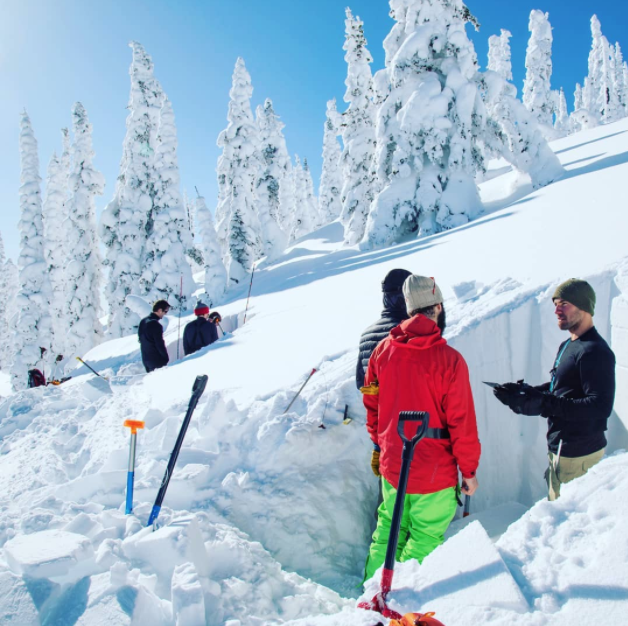
OBTAIN ANY SPECIAL PERMITS
The Rogers Pass offer unparalleled access to some of the best backcountry ski terrain in the region. It’s important to note that some areas are closed for avalanche control safety, but don’t worry, we’ve got you covered. Make sure to check out Rogers Pass’s Backcountry Permit Program, available online for free. It’s a must-have if you want to ski in Glacier National Park winter restricted areas, along with your National Park Pass.
